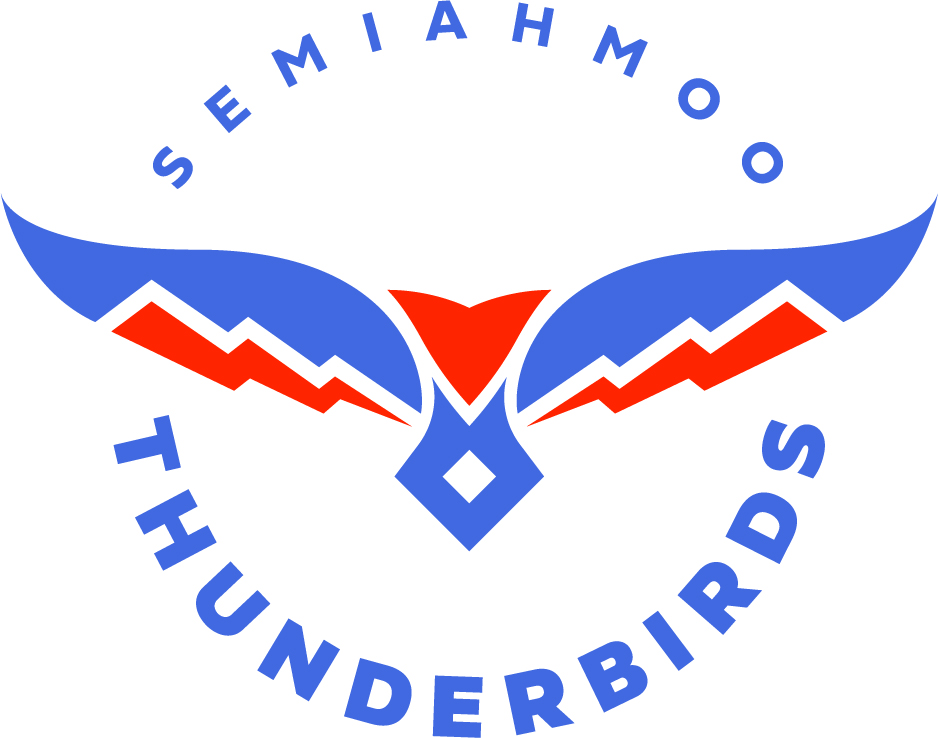IB Core Requirements
The IB Diploma Programme has three core requirements that need to be met in order to successfully complete the programme:
- Creativity/Activity/Service (CAS)
- Extended Essay (EE)
- Theory of Knowledge (TOK)
IB Programme students must pass all three areas to be awarded the Diploma.
Creativity, Activity and Service (CAS) |
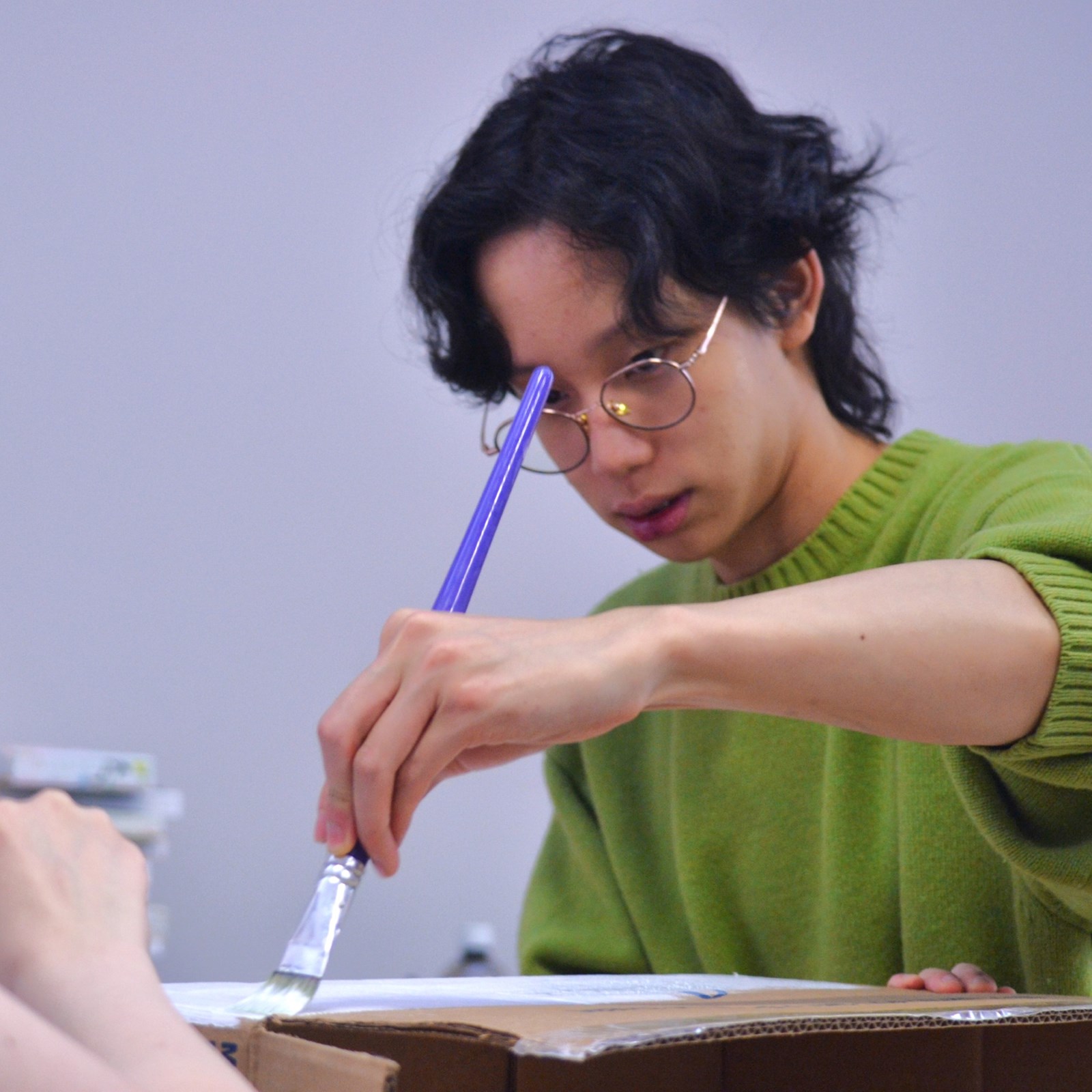 | 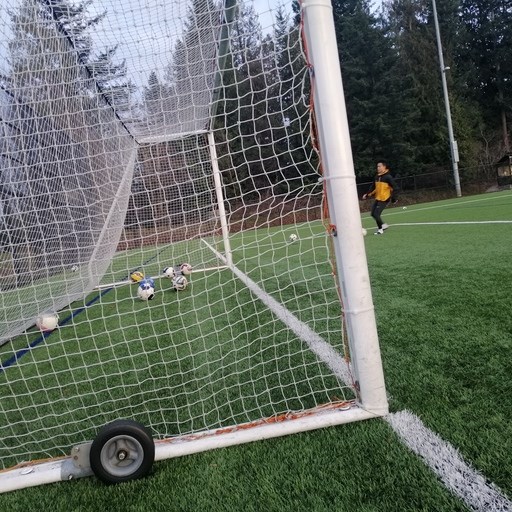 | 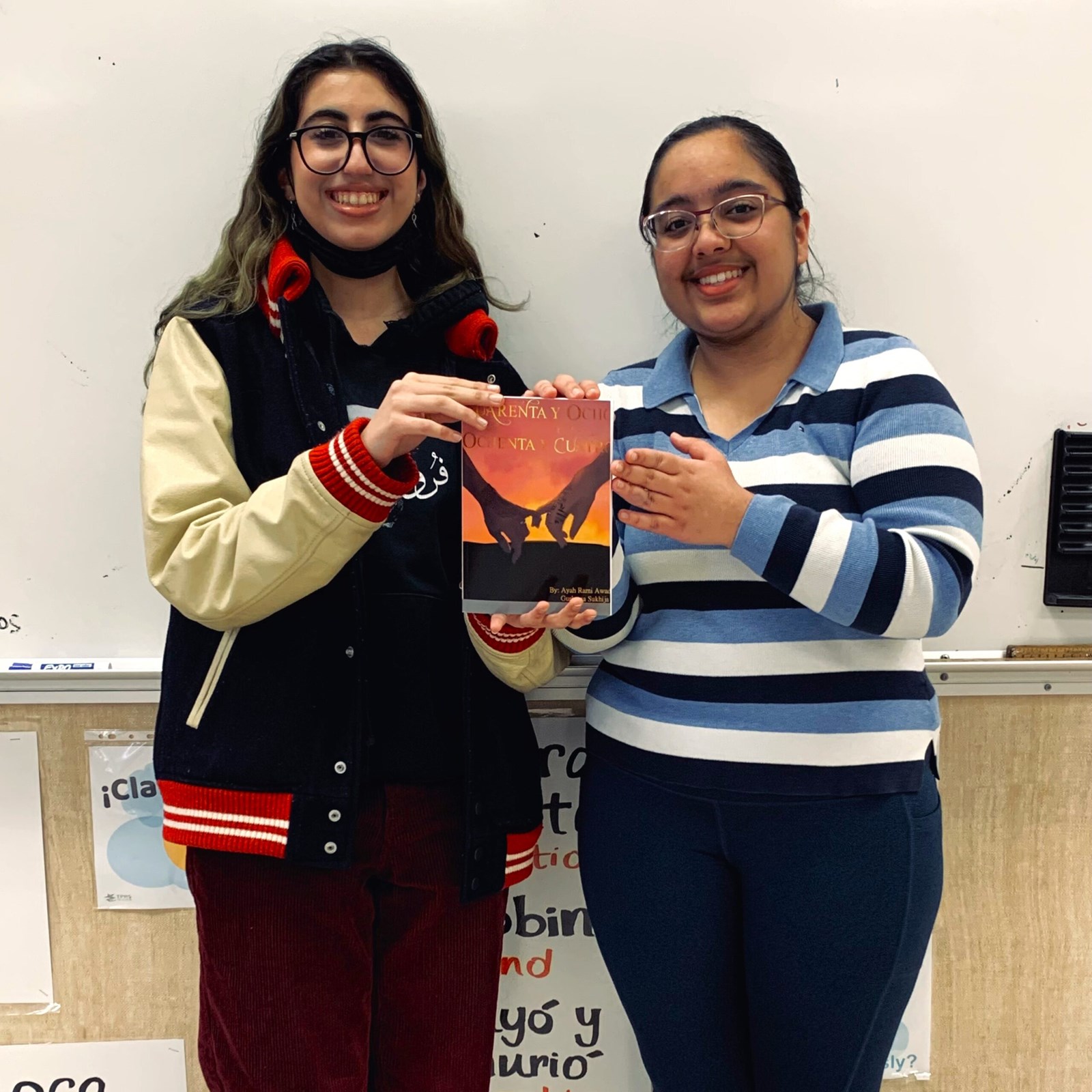 |
CreativityArts and other experiences that involve creative thinking. | ActivityPhysical exertion contributing to a healthy lifestyle, complementing academic work elsewhere in the IB Diploma Programme. | ServiceAn unpaid voluntary exchange that benefits both the students and their community. |
| Creativity, activity and service enables students to enhance their personal and interpersonal development as well as their social and civic development, through experiential leaning, lending an important counterbalance to the academic pressures of the rest of the IB Diploma Programme. | ||
Extended Essay (EE) | |
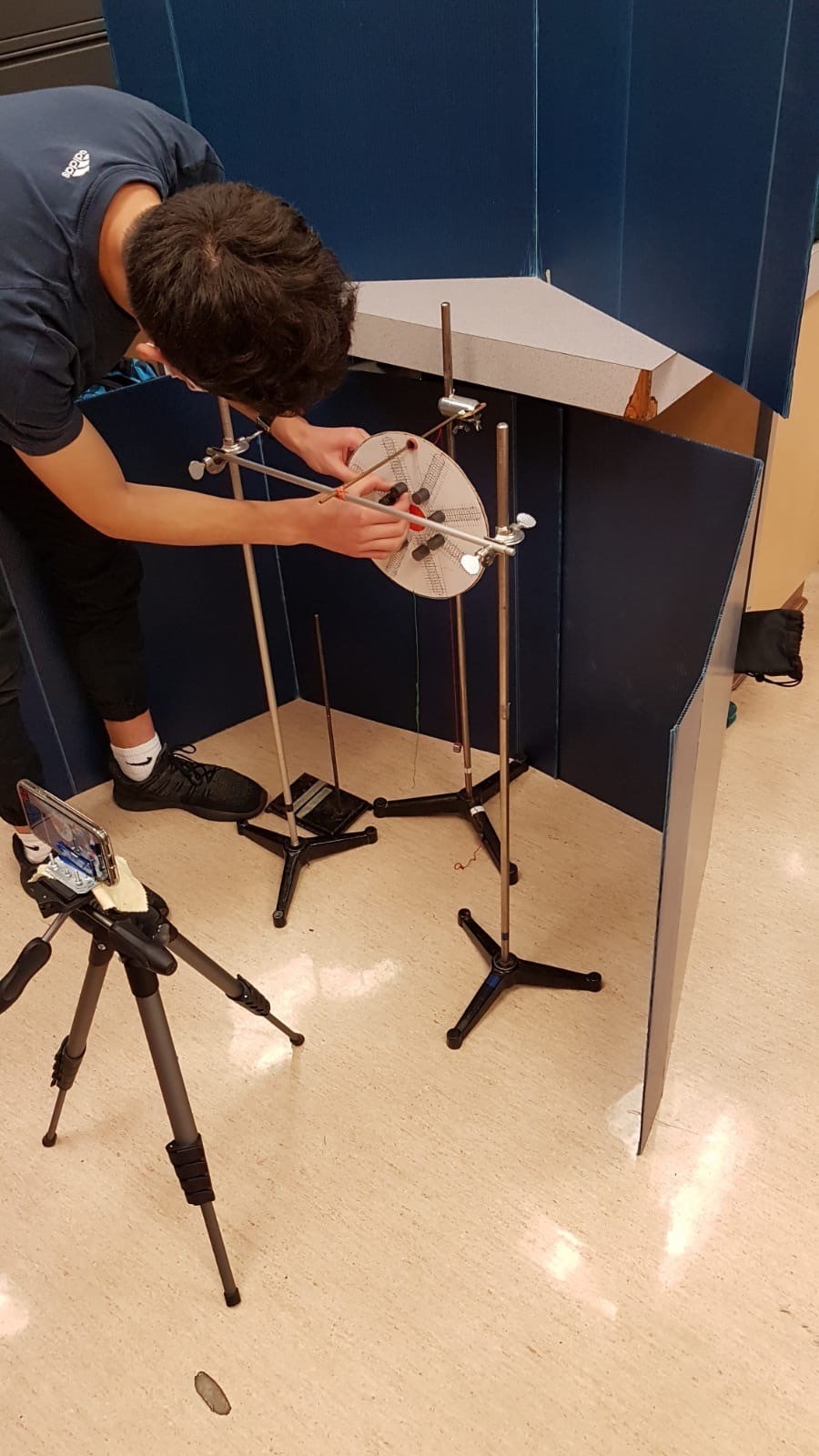 | The Extended Essay (EE) offers students the chance to investigate a subject of interest, usually (but not limited to) one of the student's sic IB subjects. It promotes self-directed research and intellectual discovery and creativity, resulting in approximately 40 hours of work, written in an essay of maximum 4000 words. Students are expected to:
|
Theory of Knowledge (TOK) | |
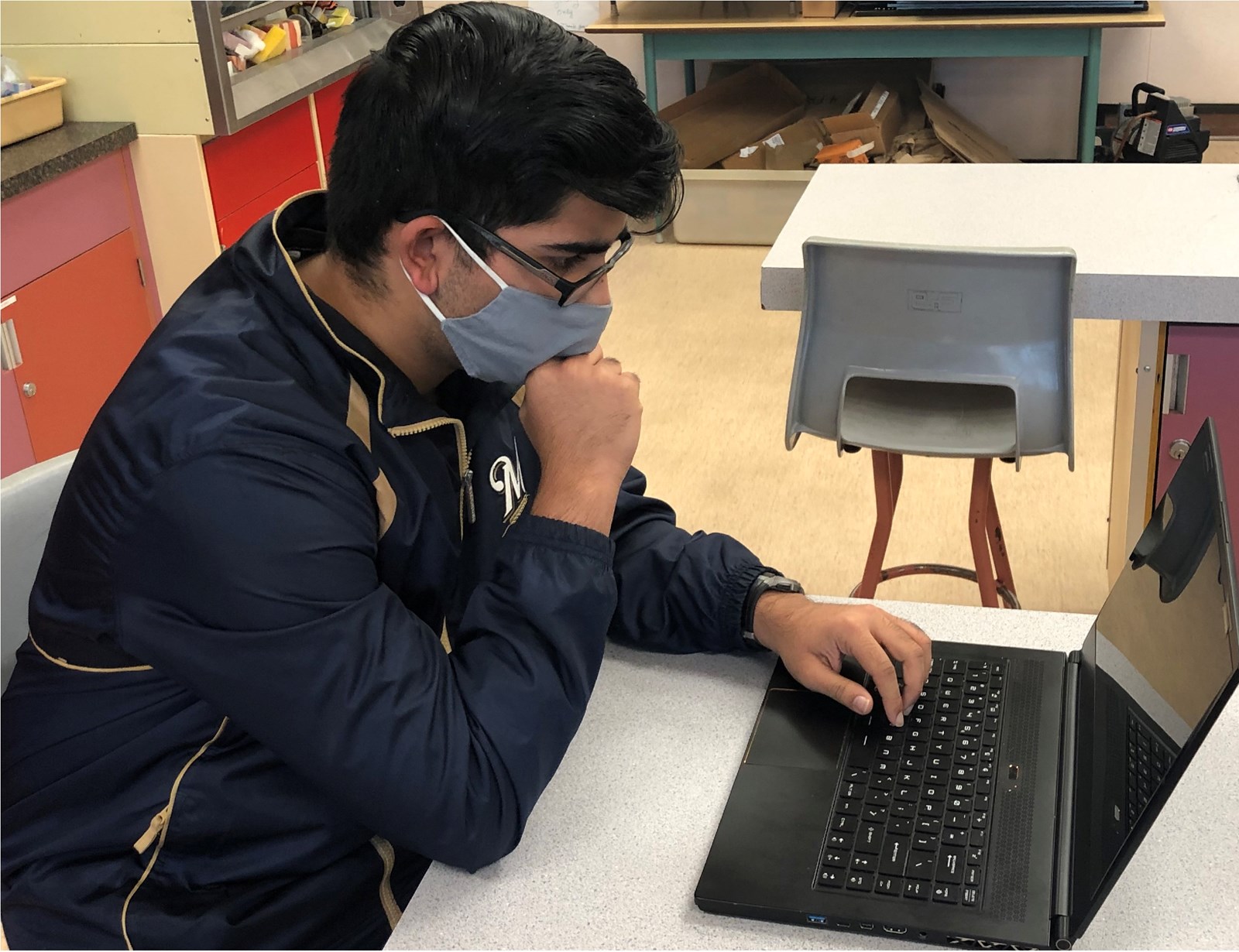 | Theory of Knowledge (TOK) encourages students to develop an approach to learning that goes beyond the traditional areas of academics and encourages appreciation of other cultural perspectives. One of its key goals is to spark critical thinking about knowledge itself and help students make sense of the knowledge that they acquire. |
A few of the main questions
| 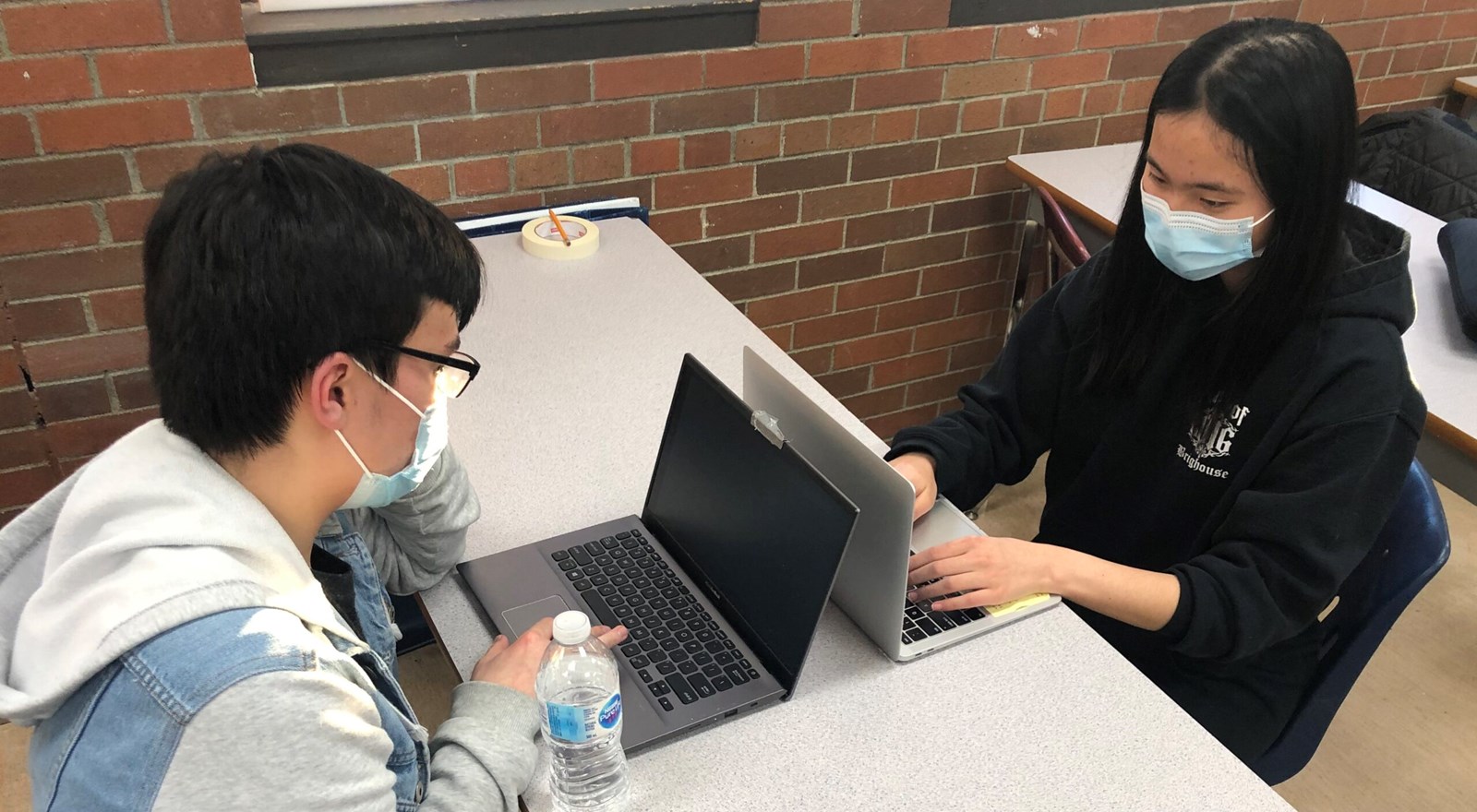 |
Theory of Knowledge Essay Prescribed Titles 2024 | 1. Is subjectivity overly celebrated in the arts but unfairly condemned in history? Discuss with reference to the arts and history. 2. How can we reconcile the opposing demands for specialization and generalization in the production of knowledge? Discuss with reference to mathematics and one other area of knowledge. 3. Nothing is more exciting than fresh ideas, so why are areas of knowledge often so slow to adopt them? Discuss with reference to the human sciences and one other area of knowledge. 4. Do we underestimate the challenges of taking knowledge out of its original context and transferring it to a different context? Discuss with reference to two areas of knowledge. 5. Do we need custodians of knowledge? Discuss with reference to two areas of knowledge. 6. Are we too quick to assume that the most recent evidence is inevitably the strongest? Discuss with reference to the natural sciences and one other area of knowledge. |

